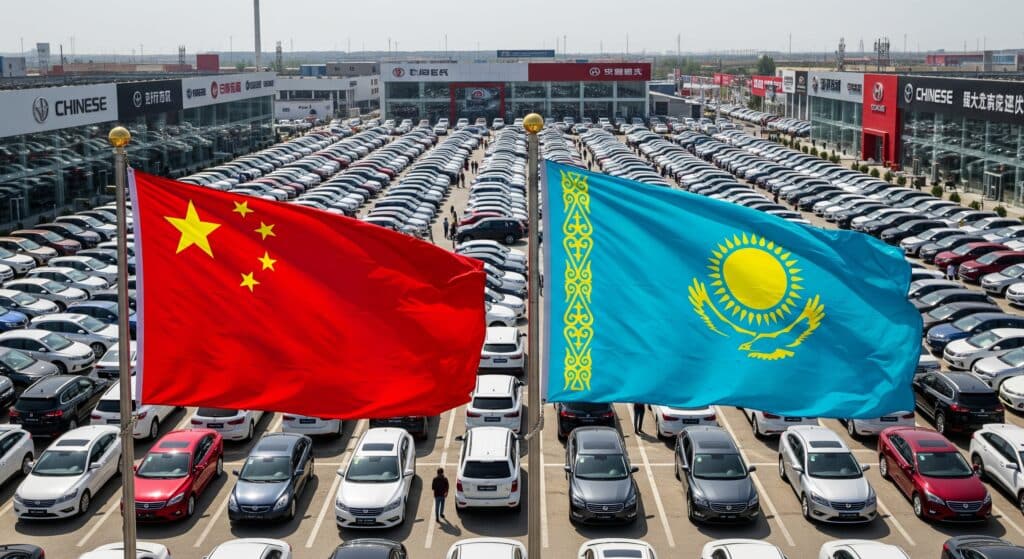China’s auto price war sends shockwaves into Kazakhstan’s car market

Car prices in China have dropped so low that President Xi Jinping is reportedly personally concerned, according to CarScoops. He has urged automakers to end the ongoing price wars, which he says are harming the country’s economy. If manufacturers fail to comply, the government may step in to regulate the situation.
Kursiv Auto spoke with industry experts to explore how this situation could impact Kazakhstan.
In mid-July, Xi emphasized in a speech the need to combat deflation, which has affected several key sectors, including the auto industry.
To attract consumers, Chinese automakers have increasingly turned to aggressive price cuts, sometimes selling cars at or near cost to maintain sales volumes. For example, BYD has repeatedly slashed prices on its popular Seagull hatchback. The latest offer came in at 55,800 yuan (about $7,800), roughly 20% below the official price.
Artur Miskaryan, head of the Automotive Market Monitoring and Analysis Agency, said that this pricing strategy is not sustainable.
«One fundamental thing is that cars will only become more expensive in the long run,» Miskaryan noted. «This is due to several factors. Regulators around the world are tightening safety and environmental standards; the cost of raw materials like metals and plastics is rising; consumers are demanding more comfort and advanced features; and government support for manufacturers is being reduced — something the Chinese government is already preparing its domestic companies for.»
Will car prices change in Kazakhstan?
Even if the situation in China’s auto market shifts, a sudden jump in car prices in Kazakhstan is unlikely, according to Miskaryan. Still, he advises: «The best time to buy is today.»
This raises the question: Would a potential rise in Chinese car prices benefit other brands in Kazakhstan? While Chevrolet continues to offer affordable Cobalts, independent dealers are importing far more modern Chinese models priced between 6 million and 8 million tenge (roughly $11,000 to $15,000).
Despite this competition, Miskaryan believes that major distributors in Kazakhstan remain well-positioned.
«The most successful players take a balanced approach,» he said. «They analyze factors such as consumer demand, changes in market structure, access to debt capital and the market potential of a model over several product life cycles. Why is this important? Because in the end, you could offer 20 different models at the same price, but the buyer will choose the one that best meets a very specific set of consumer expectations.»
This suggests that well-established automakers in Kazakhstan are likely to maintain, or even strengthen, their market positions, particularly if Chinese car prices rise as a result of stricter state controls under Xi Jinping.
Kursiv Auto’s earlier reporting highlighted that 15 models from Chinese automakers Chery, Changan and GWM are slated for local production in Almaty. All of them have already received official certification for assembly in Kazakhstan. The list of localized models is expected to expand in the future.

